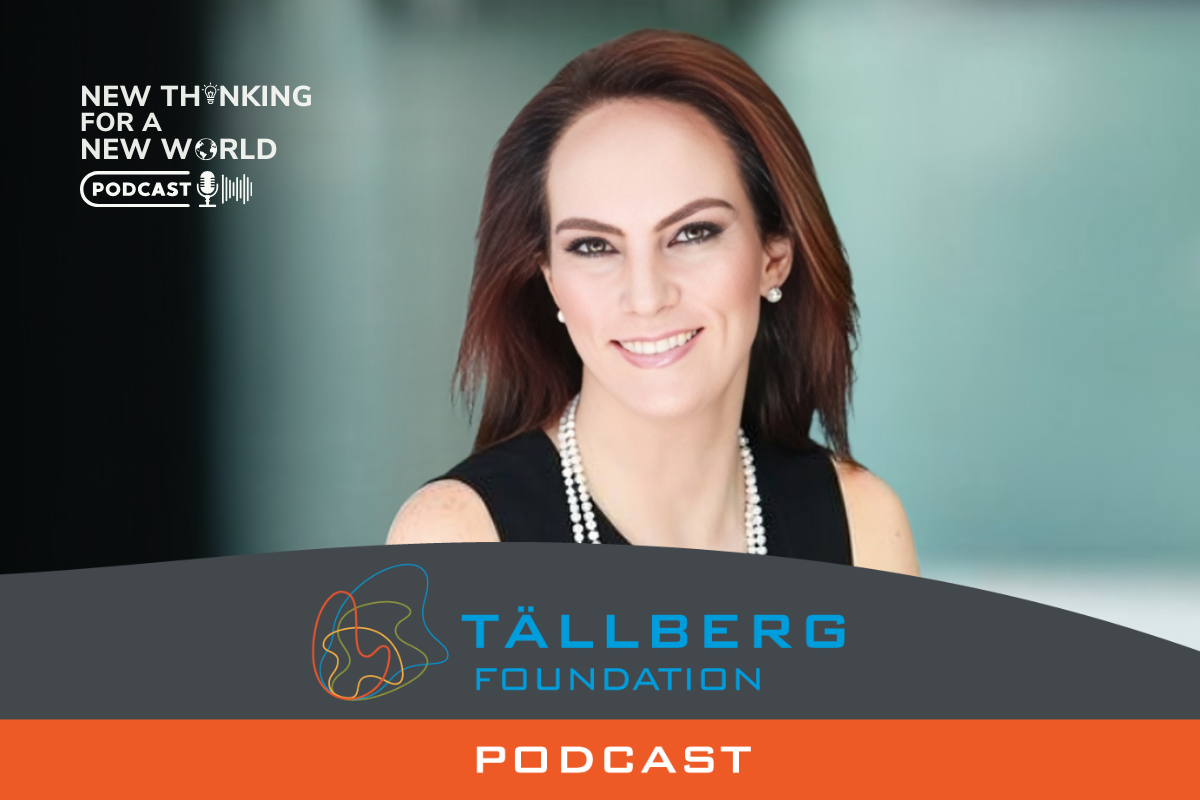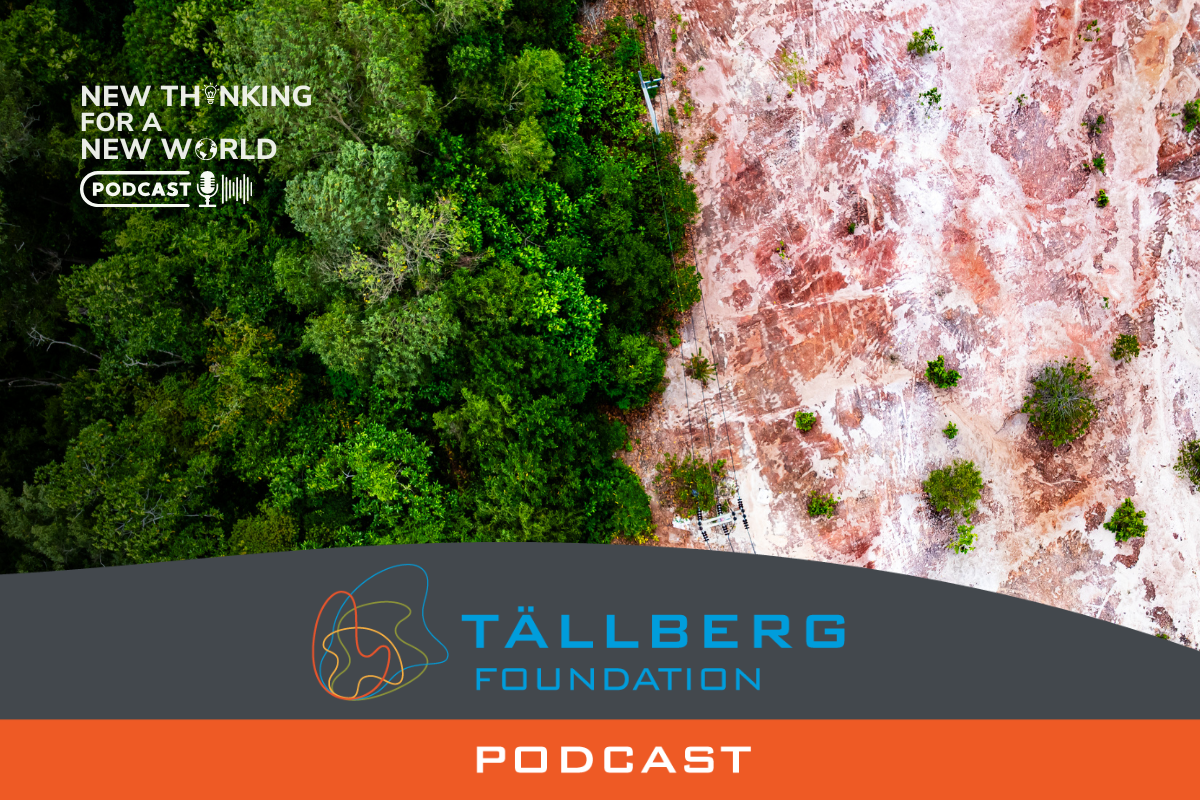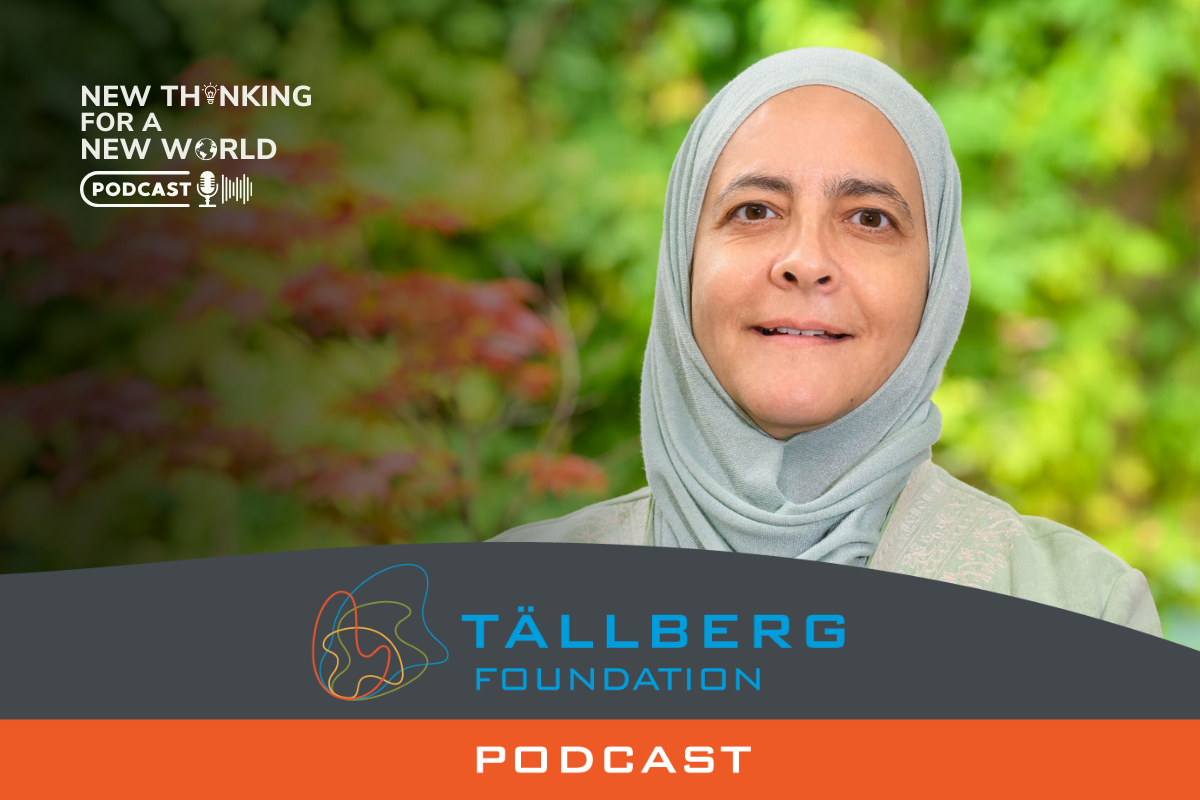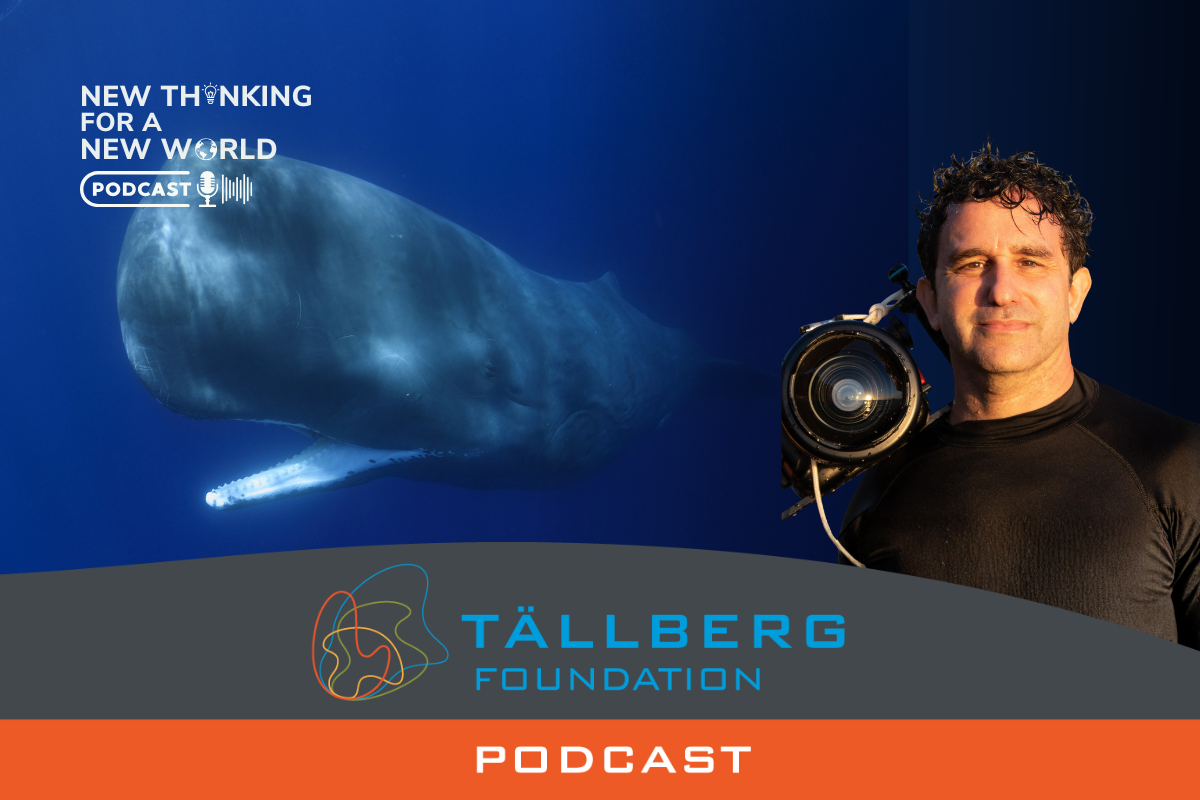It’s been an amazing, terrifying eight months in the Middle East. The horror of October 7th; the endless pounding of Gaza ever since; civilian deaths, casualties and lives disrupted, mostly in Gaza but also in Israel, the West Bank, and Lebanon; Red Sea shipping attacks; Iran and Israel’s exchange of massive missile and drone attacks; rising anti-Semitism and growing Israeli isolation around the world. What if it could all be ended by one audacious diplomatic masterstroke?
That sounds too good to be true, but it is exactly what American diplomats are trying to make happen. Their idea is a three-way agreement with a formal U.S. defense guarantee for Saudi Arabia who would sign a peace treaty with Israel (while also rolling back their recently strengthened economic and tech relations with China) who would end the Gaza war and firmly commit to the two-state solution with the Palestinians. In other words, a complete reset of the dynamics of the Middle East.
Fantasy or real possibility? This episode of New Thinking for a New World explores the contours of a possible deal with Neil Quilliam, a British expert on Saudi Arabia and more generally the Arab Gulf, who is a fellow at Chatham House.
Can diplomacy trump hate? Please tell us what you think and comment below.
***
Find the New Thinking for a New World podcast on a platform of your choice (Apple podcast, Spotify, Google podcast, Youtube, etc
ABOUT OUR GUEST
Dr Neil Quilliam is an energy policy, geopolitics and foreign affairs specialist with extensive knowledge and experience of the Middle East and North Africa (MENA) region. He is energy research director at SRMG Think, managing director at Azure Strategy Consulting and an associate fellow with Chatham House’s Middle East and North Africa Programme. He headed the program’s Future Dynamics in the Gulf project. Prior to that, Dr Quilliam was project director of the ‘Syria and Its Neighbours’ policy initiative and acting head of the MENA program, having first joined Chatham House as a senior research fellow in 2014. He has also served as senior MENA energy adviser at the Foreign and Commonwealth Office, senior MENA analyst at Control Risks, London, and senior program officer at the United Nations University, Amman. He has lived in Saudi Arabia, Jordan and the UAE and has traveled extensively around the MENA region, working on a variety of development, education, and research projects. He has also published books and articles on international relations and the political economies of Syria, Jordan, Iraq and the GCC states.




That’s a complex and ambitious proposal for peace in the Middle East. The idea of a U.S.-backed agreement between Saudi Arabia and Israel with a defense guarantee for Saudi Arabia and a peace treaty with Israel is indeed bold. It would require significant diplomatic efforts and cooperation from all parties involved. The potential for a three-way agreement to reshape the dynamics of the region is intriguing. It’s essential to consider the complexities and challenges that such a proposal would face in reality. The involvement of experts like Neil Quilliam adds credibility to the discussion. To me I see it as definitely a topic that warrants further exploration and analysis.
I agree wholeheartedly with both speakers that whoever is in the Whitehouse in 2025 cannot just wave a magic wand to get this deal of the century done and bypass all the real pain and bitterness on ground in the region
Similar to how the Ukraine war showed US had some teeth, the US must once again show teeth and reliability in this Israel-Gaza conflict so as to garner the support of those who have lost Faith in them currently
The Time is now for the US to act and show itself in a way that the world can depend on it once again and I hope they do so for the World needs a strong and reliable US for peace and stability to reign. I firmly believe this
A new thinking for a new world, a way to go, I’m in full support
The Israel-Gaza conflict has obviously left and is still leaving sad and unforgettable memories of deaths, maiming, morbidities, denial of access of basic needs of the affected populations (human security). The worse part of this unfortunate situation is the vulnerable groups (children, women and the aged) in this conflict. The big idea/fantastic talk of a two-state concept, though laudable, is too early in the day! The little, but extremely essential things should first be addressed, before starting a conversation of the big idea. Normalisation should be considered as one of the basic strategies to employ, before considering the various other steps. First deal with the pain/agony/grief, consider dialogue, mediation, reconciliation, reconstruction, etc as part of setting the tone or ground for all other concepts. The next occupant of the White House in 2025 should help make the needed change, to help save lives and encourage a high level of normalcy.
The world leaders should standup and be accountable
egarding the question raised by this podcast and after listening to Mr. Neil Quilliam, answering whether diplomacy can triumph over hatred is complex, especially considering the context of the political relationships between the United States, Israel, and Saudi Arabia. Here are some points to consider:
United States and Israel: This political relationship has been strong for many years, with both countries having strategic, economic interests, and shared values. The United States is a crucial ally for Israel, providing significant military and economic support.
United States and Saudi Arabia: The relationship between the United States and Saudi Arabia is also strong, focusing more on strategic and economic interests, particularly in the energy sector. Despite some tensions, the two countries maintain close cooperation on security and economic matters.
Israel and Saudi Arabia: Historically, relations between Israel and Saudi Arabia have been tense due to the Israeli-Palestinian conflict. However, in recent years, there have been signs of possible improvement in relations, driven by common interests such as containing Iran and security cooperation.
The Role of Diplomacy
Diplomacy has recently demonstrated its significant role in overcoming hatred and hostility between these countries through agreements and meetings such as the Abraham Accords in 2020 and the potential normalization of relations between Israel and Saudi Arabia. While there are no concrete results yet, the initiation of these conversations is, in itself, a positive outcome.
Key Factors for Diplomatic Success
For diplomacy to triumph over hatred, several critical points must be considered:
Mutual Commitment: All involved countries must show a genuine commitment to finding common ground. This requires a shift in mindset from conflict to cooperation.
International Mediation: Effective international mediation is essential to facilitate agreements that benefit all parties. Addressing underlying issues that fuel hatred, such as the Israeli-Palestinian conflict, is crucial. Without progress on these issues, any agreement reached may not be sustainable.
Tangible Benefits: The involved countries must see tangible benefits from cooperation, whether in terms of security, economy, or technological development. This creates an incentive to maintain and deepen diplomatic relations.
Conclusion
Diplomacy has the potential to triumph over hatred, but it requires a concerted effort, honesty, willingness, patience, and the readiness of all parties to commit and find mutually beneficial solutions. The relationships between the United States, Israel, and Saudi Arabia illustrate that, despite significant obstacles, there are opportunities for diplomacy to advance and contribute to greater stability and cooperation in the region.
In summary, diplomacy can indeed triumph over hatred, but it is neither an easy nor a quick process. It demands the will of the involved parties to seek peace and cooperation, effective mediation by international actors, and a focus on resolving both immediate and underlying issues.
Diplomacy has the potential to overcome hate, but it necessitates perseverance, empathy, and a willingness to make difficult compromises, because this conflict is profoundly complex and multifaceted and it has deep historical, political, cultural, and emotional roots, making it one of the most challenging and enduring disputes in modern history.